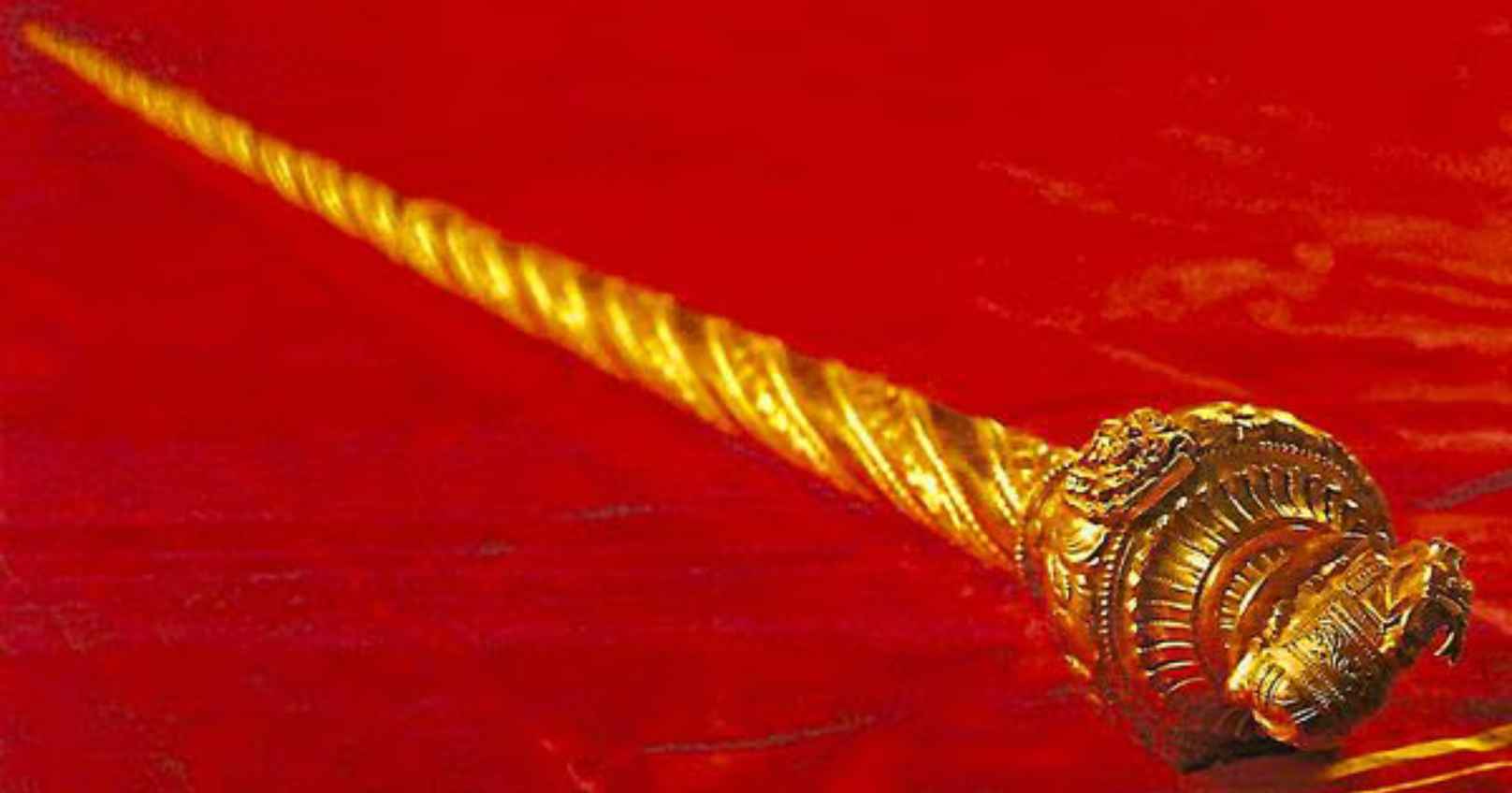The installation of the 'sengol,' a handcrafted, gold-plated sceptre, next to the Speaker's chair in Lok Sabha has ignited a heated debate this Parliament session. Opposition MPs, questioning its relevance in a democracy, have clashed with the BJP, which accuses them of disrespecting Indian culture.
The controversy began with Samajwadi Party MP RK Chaudhary's letter to Speaker Om Birla, suggesting that the 'sengol' be replaced by a copy of the Constitution. Chaudhary argued that the Constitution, marking the beginning of Indian democracy, should be the symbol in Parliament, not a sceptre reminiscent of a bygone era of kings. "Will the country be governed by the Constitution or by a king's stick?" he asked, urging the replacement to "save democracy."
Akhilesh Yadav, Samajwadi Party leader, supported Chaudhary’s stance, pointing out that Prime Minister Narendra Modi had bowed to the 'sengol' during its installation but did not do so while taking his oath this time. Yadav suggested Chaudhary's letter served as a reminder to the Prime Minister.
Congress MP B Manickam Tagore echoed these sentiments, stating that the 'sengol' symbolizes kingship, a concept outdated in a people's democracy. RJD MP Misa Bharti also supported the call to replace the 'sengol' with a copy of the Constitution.
This issue comes against the backdrop of the INDIA bloc’s emphasis on the Constitution. During the session, Opposition leaders, including Sonia Gandhi, Mallikarjun Kharge, Rahul Gandhi, and Akhilesh Yadav, were seen holding copies of the Constitution in a demonstration.
In response, the BJP criticized the Opposition's stance. They accused the Samajwadi Party of attacking Indian cultural symbols, referencing previous criticisms of religious texts. During the 'sengol's installation, Home Minister Amit Shah had framed it as a blend of cultural tradition and modern governance, emphasizing that it symbolizes the rule of law.







